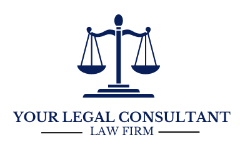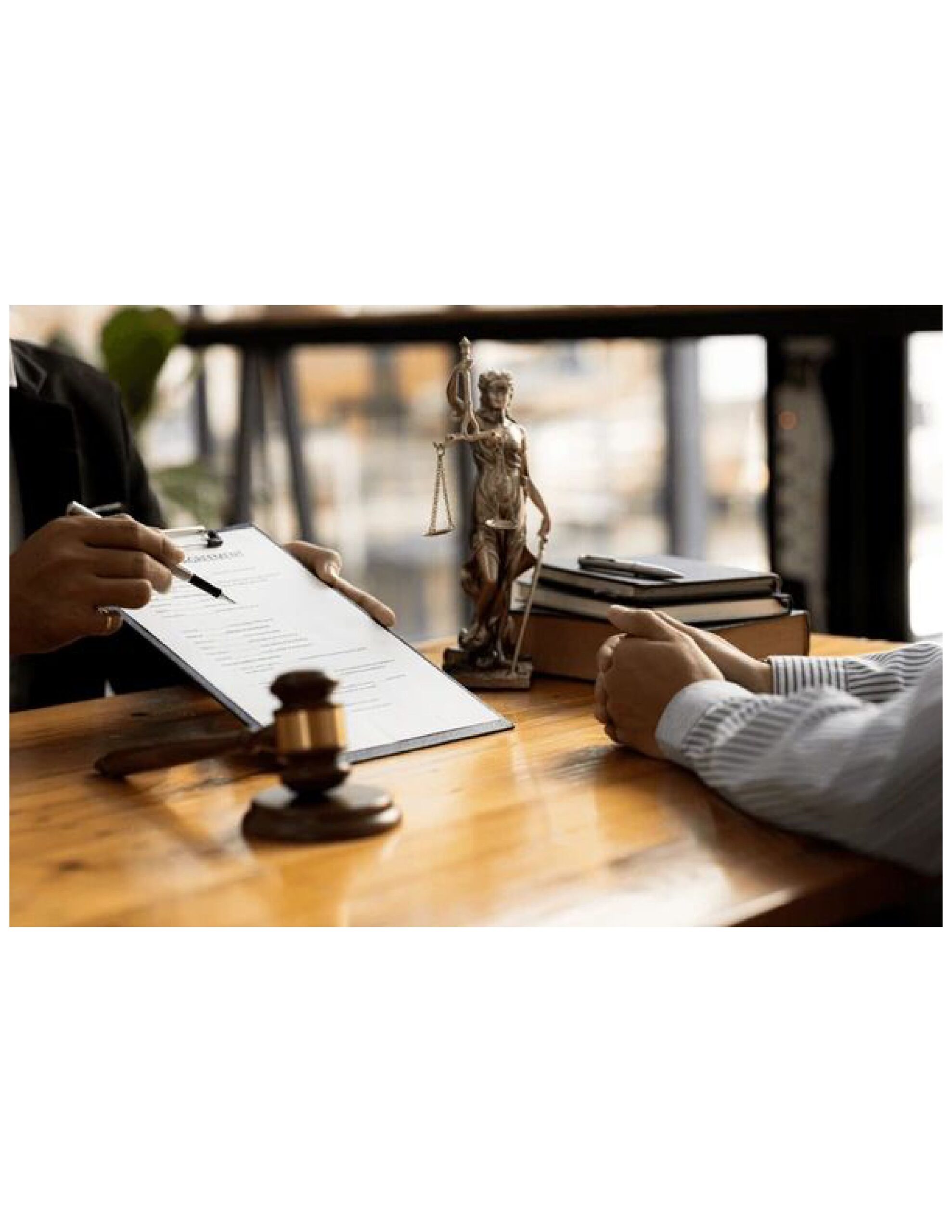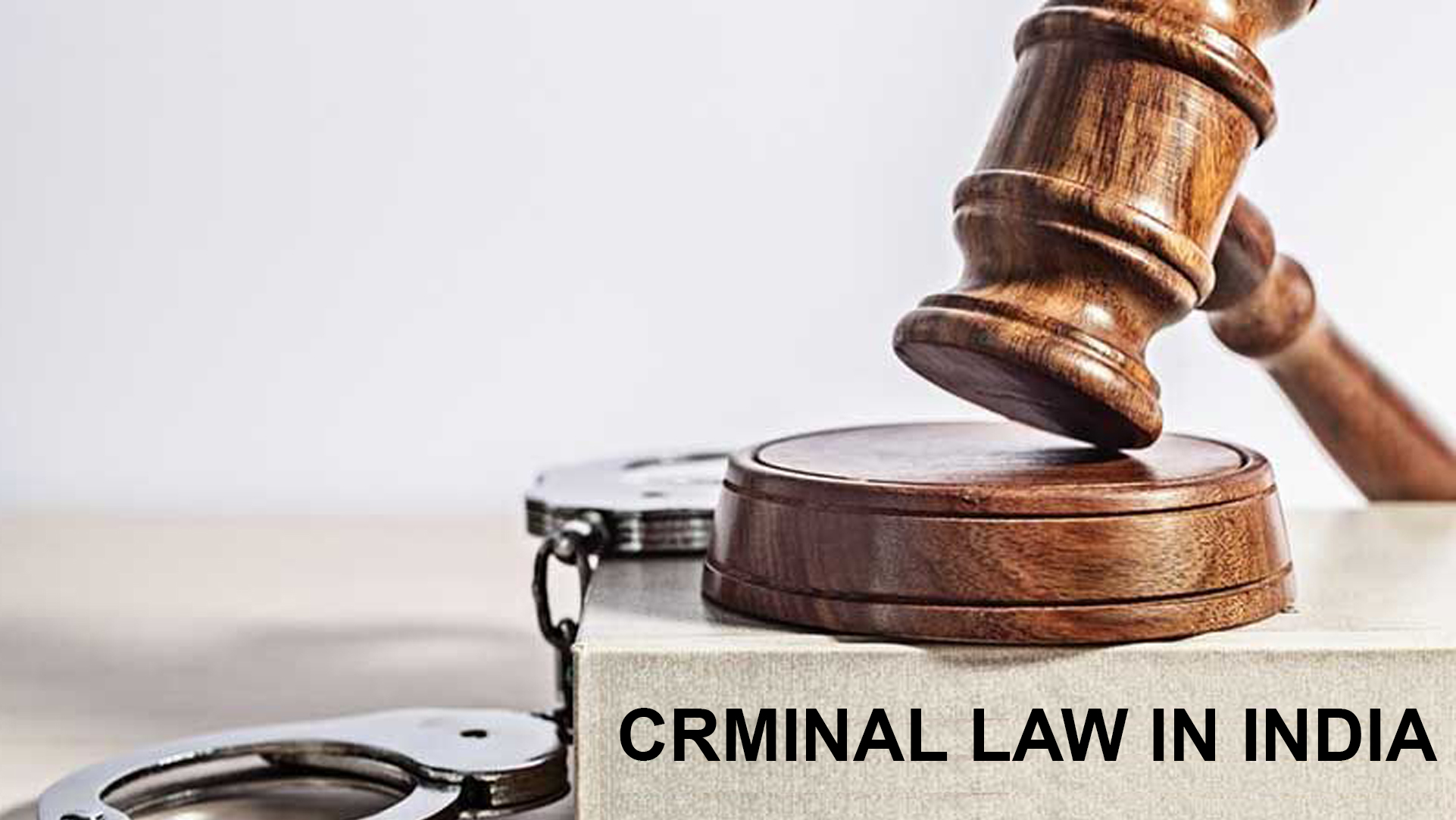Best Civil Lawyer in Delhi
Finding the right lawyer is crucial to ensuring your interests are well-represented when faced with a civil dispute, whether a property issue, a contract breach, or a defamation case. Civil law encompasses non-criminal disputes that require specialized expertise to navigate effectively. Choosing the right lawyer can feel overwhelming, but you can make an informed decision with the right approach. Here’s a step-by-step guide to help you choose the best civil lawyer.
1. Understand Your Legal Needs
Before you start your search, it’s important to have clarity about your case.
- Identify the nature of your dispute: Determine the specific area of civil law your case falls under—property disputes, consumer complaints, employment issues, or family matters.
- Outline Your Goals: Do you need legal advice, assistance in filing a lawsuit, or representation in court? Knowing this helps you match your needs with the lawyer’s expertise.
2. Look for Relevant Expertise
Not all civil lawyers handle every type of case. Each lawyer may have expertise in specific areas of civil law.
- Specialized Knowledge: Choose a lawyer with experience in handling cases similar to yours. For instance, if it’s a real estate dispute, a lawyer specializing in property law would be ideal.
- Track Record: Check their success rate in handling similar cases. Lawyers with a proven record in their area of expertise are more likely to secure favorable outcomes.
3. Research and Shortlist Lawyers
Start by compiling a list of potential lawyers using the following methods:
- Referrals: Ask friends, family, or colleagues for recommendations. Personal referrals are often reliable.
- Online Research: Use platforms like Bar Council directories, legal forums, or trusted legal websites to find experienced lawyers.
- Reviews and testimonials: Check online reviews and testimonials to assess their reputation. Look for feedback on professionalism, communication, and case handling.
4. Verify Credentials and Experience
Once you have a list, dig deeper into their qualifications and experience.
- Educational Background: Ensure they have a strong academic foundation in law and are licensed to practice in your jurisdiction.
- Years of Experience: Seasoned lawyers often have better insights into court procedures, negotiation tactics, and case strategy.
- Professional Associations: Membership in reputed legal organizations can be an added advantage, as it indicates ongoing professional development.
5. Evaluate Communication Skills
Effective communication is key to a successful lawyer-client relationship. During your initial consultation:
- Assess Their Listening Skills: A good lawyer listens carefully to understand your concerns and goals.
- Clarity in Explanation: They should explain complex legal terms and procedures in a way that you can understand.
- Responsiveness: Ensure they are approachable and respond promptly to your queries.
6. Discuss Fees and Payment Structure
Understanding the lawyer’s fee structure upfront is essential to avoid surprises later.
- Hourly vs. Flat Fee: Some lawyers charge an hourly rate, while others work on a flat fee basis for specific cases.
- Retainer Agreements: For ongoing legal assistance, lawyers may require a retainer fee.
- Transparency: Ensure the lawyer provides a clear breakdown of costs, including court fees, documentation charges, and other expenses.
7. Check Their Availability
A lawyer’s workload can impact their ability to give your case the attention it deserves.
- Dedicated Time: Confirm if they can dedicate adequate time and resources to your case.
- Support Team: If the lawyer is busy, ensure their firm has a capable team to assist with your case.
8. Assess Their Legal Strategy
During your initial meetings, ask about their approach to handling your case.
- Customized Solutions: Avoid lawyers who use a one-size-fits-all strategy. Every case is unique and requires tailored solutions.
- Transparency About Outcomes: A good lawyer sets realistic expectations about the case outcome without making guarantees.
- Problem-Solving Skills: They should demonstrate creative and strategic thinking to address potential challenges.
9. Consider Their Reputation
Reputation matters in the legal field.
- Peer Reviews: Lawyers respected by their peers often have a strong standing in the legal community.
- Courtroom presence: If your case goes to trial, a lawyer with a commanding courtroom presence can make a significant difference.
10. Trust Your Instincts
Finally, go with your gut feeling.
- Comfort Level: You should feel comfortable discussing personal and sensitive information with your lawyer.
- Confidence in Their Abilities: If you feel they genuinely understand your case and can represent you effectively, they’re likely a good fit.
Red Flags to Watch Out For
While evaluating potential lawyers, be mindful of warning signs that might indicate poor service:
- Lack of Transparency: Lawyers who are vague about fees or case strategies may not have your best interests at heart.
- Unrealistic Promises: Be cautious of lawyers who guarantee specific outcomes, as legal cases are inherently unpredictable.
- Poor Communication: Delayed responses or lack of professionalism can be signs of unreliable service.
Benefits of Choosing the Right Civil Lawyer
Selecting the right civil lawyer can:
- Improve Your Chances of Success: Expertise and strategic thinking can lead to favorable outcomes.
- Reduce Stress: A skilled lawyer can navigate complex legal processes, allowing you to focus on other priorities.
- Save Time and Money: Efficient handling of your case can prevent unnecessary delays and costs.
Conclusion
Choosing the best civil lawyer is crucial in resolving your legal disputes effectively. By understanding your needs, researching thoroughly, and evaluating potential lawyers based on expertise, communication, and reputation, you can find the best professional to represent you. Remember, the lawyer-client relationship is built on trust, so take your time to ensure you make the right choice.




